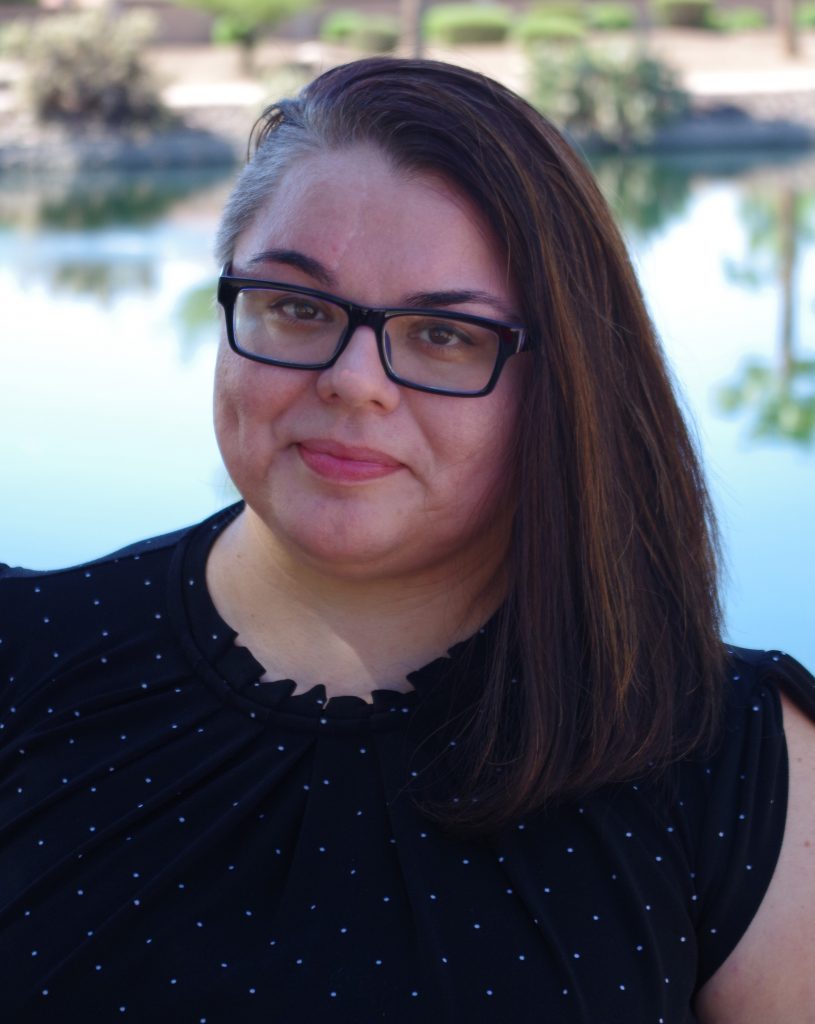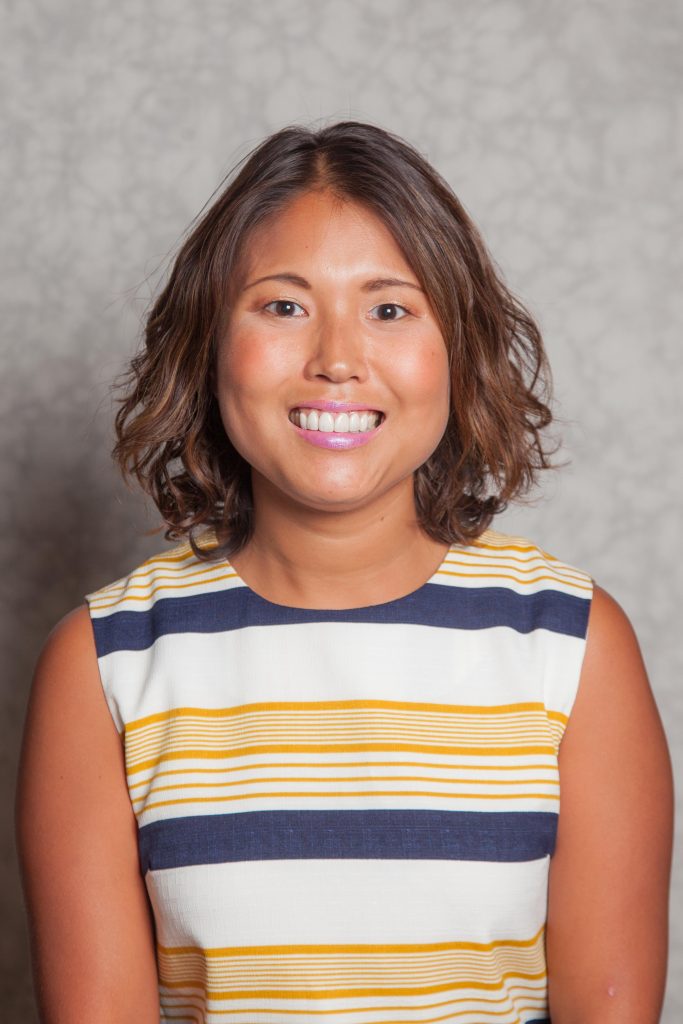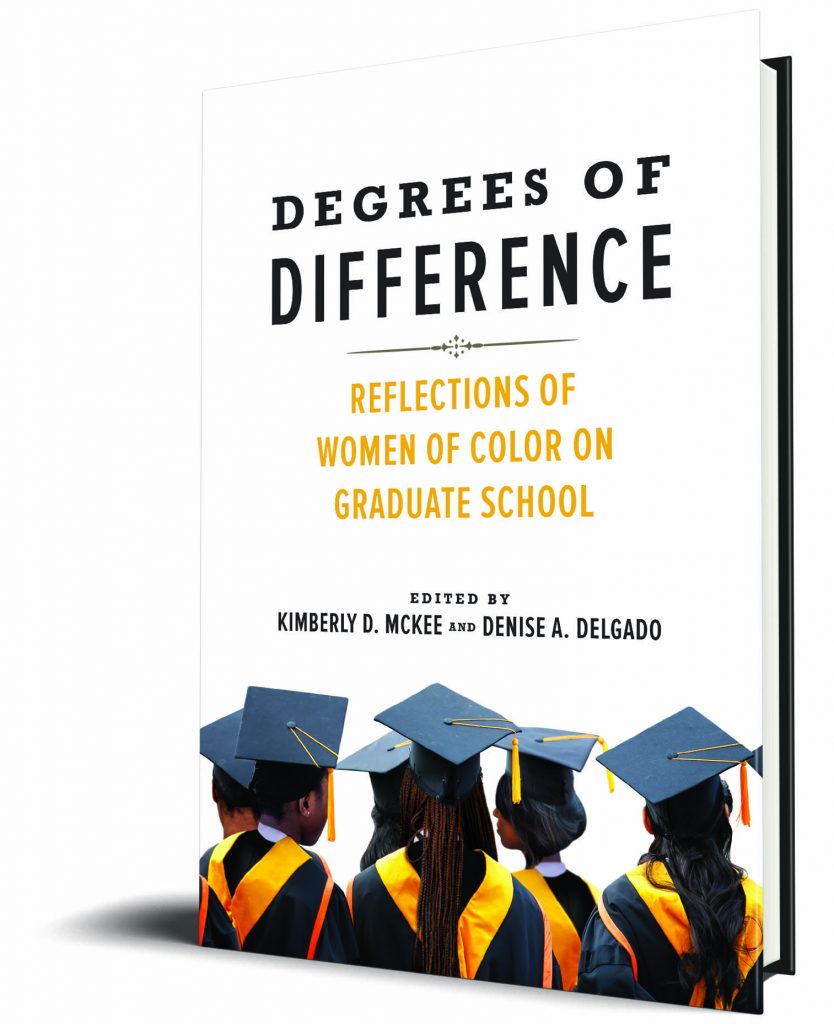Kimberly D. McKee and Denise A. Delgado recently answered some questions about their new book, Degrees of Difference: Reflections of Women of Color on Graduate School. Contributors include: Aeriel A. Ashlee, Denise A. Delgado, Nwadiogo I. Ejiogu, Delia Fernández, Regina Emily Idoate, Karen J. Leong, Kimberly D. McKee, Délice Mugabo, Carrie Sampson, Arianna Taboada, Jenny Heijun Wills, and Soha Youssef.
Q: Why did you decide to put together this collection?
We belonged to several women of color organizations, and we found that most of the women of color we knew had similar issues and struggles while in graduate school – racism and/or sexism from colleagues and professors, whitewashed or gender biased curriculum, racially hostile students, unsupportive friends or family members, and isolation paired with imposter syndrome. There are some significant differences, particularly around class, country of origin, and language to name a few, so it couldn’t just be our voices writing our experience. We wanted to create something to elevate fellow women of color voices and explore the differences as well as the similarities in our experiences. The diversity of voices and positionality is our way of saying, “We hear you. We see you. You are good enough, and you’re not alone.” We also learned so much from the women who came before us and offered their mentorship, friendship, and support that we wanted to pass along that wisdom to others.
Q: Who were your biggest influences?
Denise: Kim and I were influenced by books like Presumed Incompetent as well as blogs like the Crunk Feminist Collective when conceiving our edited volume. Additionally, we had some amazing colleagues and mentors that encouraged us to push against the system and work on this project even though I was in the middle of writing my dissertation when we began and Kim was a Consortium for Faculty Diversity postdoctoral fellow at Grinnell College. Also, as a first generation college student, without the support of some professors I had as an undergraduate and my grandfather, I would never have gone to grad school. I thought grad school was for other people, and without the encouragement of those around me, I would never have applied.
Kim: As I transitioned from graduate school to postdoc and then the tenure track, I looked for writings by women of color telling these stories. The stories of navigating predominately white institutions, creating a space so you could thrive and not just survive, and building community. I was inspired by the women faculty voices that I came across, but as I knew in graduate school, we rarely see how women of color and indgenous women exist in that particular space. The majority of the collections we came across while in graduate school and while I was a postdoc focused on women in the tenure track, yet not all of us including Denise go onto tenure track positions or stay in the academy. We conceived of this project to amplify the voices of the women we talked to in the corridors, outside our classes, or over coffee about what it meant to lay claim to our space in graduate school. I also personally benefited from the generosity of fierce women of color mentors as a graduate student, and I wanted to create a volume that pays it forward. These women created time to mentor me and others, inspiring us with their dedication and support.

Q: What is the most interesting discovery you made while researching and writing your book?
Denise: We conceived of this as a project that would need to include departments outside of the humanities and social sciences, and I had hoped we might find some when we sent out our call for papers. I think I was most surprised by the fact that we had women in law school, medical school, and mathematics programs who were excited about the project and wished to contribute. If anything, it was difficult to choose which articles to keep as we had so many amazing contributors.
Kim: As we encountered so many women junior faculty excited about the project, we also encountered the reality that for many of our colleagues in STEM related fields, publishing in the collection would not count in their tenure and promotion dossiers in the same ways as it would for our contributors in the humanities and social sciences. Yet, we know that this collection benefits women of color and indigenous women regardless of discipline because of the commonalities shared across fields as we negotiate racial microaggressions within and outside the classroom and our graduate programs. And, as I mentor undergraduates from underrepresented communities, it becomes clear that this volume is needed not just for graduate students. In fact, one of my mentees mentioned how excited they were for this book to be published because of the stories it would hold about graduate school.
Q: What myths do you hope your book will dispel or what do you hope your book will help readers unlearn?
Denise: I hope we dispel the myth that you need to do it on your own. I struggled with anxiety during my time as a graduate student, and I often felt like I was out of place, but once I opened up to other women in my program about these issues, I found that many of them were experiencing the same thing and had thought I was confident and had everything under control. While I found friends my first year of graduate school, I didn’t seek out community until year two, and if there is one piece of advice I’d give, it’d be to find a community or make one yourself.
Kim: I hope this book opens the conversations about how to better support women of color and indigenous women graduate students and underscore how these women are not alone. We are not speaking from a singular experience. Rather, the contributors’ essays reveal a collective voice. I hope that reading the essays encourages women of color and indigenous women to seek one another to create community, while also remembering that allies come from unlikely places.

Q: What is the most important idea you hope readers will take away from your book?
We feel like the book is our way of saying, “Graduate school is hard, but here is some practical advice and tips on how we made it through. We wish you the best and can’t wait to see what you do in the future.” For faculty and administrators, we’ve provided a roadmap on various strategies that have worked for women in these programs in the hope that they will support their students by instituting some of these themselves or helping their students and faculty create them.
Q: What do you like to read/watch/or listen to for fun?
Denise: When I’m not reading academic books, I tend to read fantasy, science fiction, and horror. I’ve also developed a bit of an audible addiction, so I’ve been listening to that and political podcasts more than music lately. As for watching, I’ve been on a Miss Fisher’s Murder Mysteries kick the last few weeks, but the only show that I never miss is Last Week Tonight.
Kim: I’m currently reading There, There by Tommy Orange for my neighborhood book club. When I’m not listening to NPR or the podcasts I follow, my playlist highlights the hits from the late 1990s and early 2000s with something from this decade thrown in every now and again. My son is less than a year old, what I’m watching is limited. I was just excited to watch Parasite on Apple TV. But, when I did have the free time to watch television, I watch an extensive list of shows and record almost all of them (even though I have Hulu), and will remain a loyal viewer even after a show jumps the shark. And, one of my favorite shows to unwind to is Criminal Minds.
Degrees of Difference will be available in May 2020.

